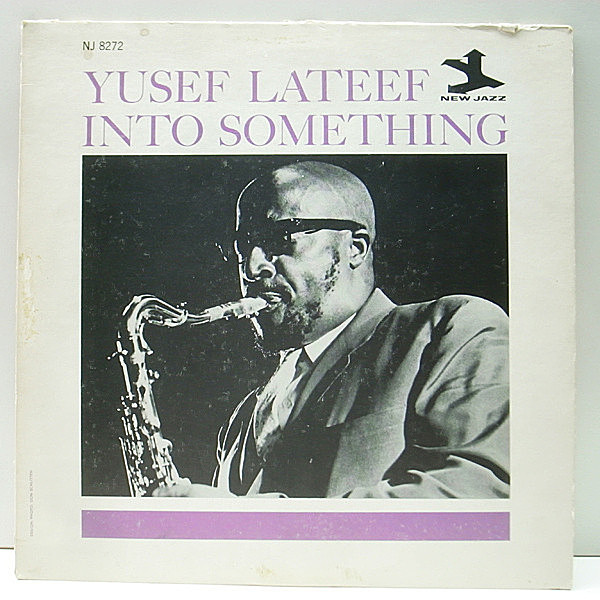LISTEN TO ONE: Rasheed

Written in 1928, the first recording of the song (by Seger Ellis) featured a lead-in verse, almost universally ignored in later versions, about a blind man and a legless man who take care of each other, and go through life smiling. Louis Armstrong cut what is still the classic version in 1929, and his version is illuminated by the famous Armstrong style.
Jazz musicians have recorded it: Dave Brubeck, Errol Garner and Dick Hyman, Urbie Green and Sonny Stitt, all with a lilt. Lee Konitz recorded it, and even with Billy Bauer and a quartet of Tristano acolytes, he sounds positively jaunty. Who knows if they were thinking of the words? It's hard to believe that Konitz wasn't.
But Lateef apparently was thinking of the lyrics, but maybe not so much singing or reciting the lyrics in his head as he played. He may have been thinking more about his father's voice, because his version is gentle and pensive as he states the melody, then becomes fragmented and searching.
Lateef's original tunes express the range of his passions. "Koko's Tune," as the title suggests, is in the bebop vein, though gentled down somewhat from the lightning tempo of Charlie Parker's "Ko-Ko." But if the tempo is gentled, the intonation certainly isn't, going seamlessly from gutbucket blues growls to hard-edged modernity, spurred on by the driving complexity of Elvin Jones's drumming (Jones, Harris, and bassist Herman Wright make up the all-Detroit rhythm section).
"Water Pistol" is in much the same vein, with Jones demonstrating that he really is the new face of jazz drumming. He had been working steadily and had recorded widely since his 1955 arrival in New York. He had recorded as a leader on albums for Atlantic and Riverside, and he had already joined John Coltrane's great quartet, with whom he had worked on several sessions, including the ones that made up his My Favorite Things.
"P. Bouk" shows more of the Middle Eastern influence, and also includes an effective solo by Wright. And "Rasheed," with Lateef on oboe, shows him at full fusion strength, blending blues, bop, and the Middle East.
Also blending Middle Eastern voicing with classic Western melody is his flute-led "I'll Remember April," the Gene dePaul-composed jazz standard that made its debut in an Abbott and Costello film. It was the 45 RPM single from the session, with "Blues for the Orient" on the flip side.
It's hard to choose a "Listen to One" from this superior session, in which every song has something particular to reommend it, from Lateef's command of the blues to blistering solos by Jones, but I'll go with "Rasheed," as perhaps being the most distinctively Lateefesque.
Esmond Edwards produced. The album was released on both New Jazz and Prestige, with "I'll Remember April" / "Blues for the Orient" as a Prestige single.

No comments:
Post a Comment